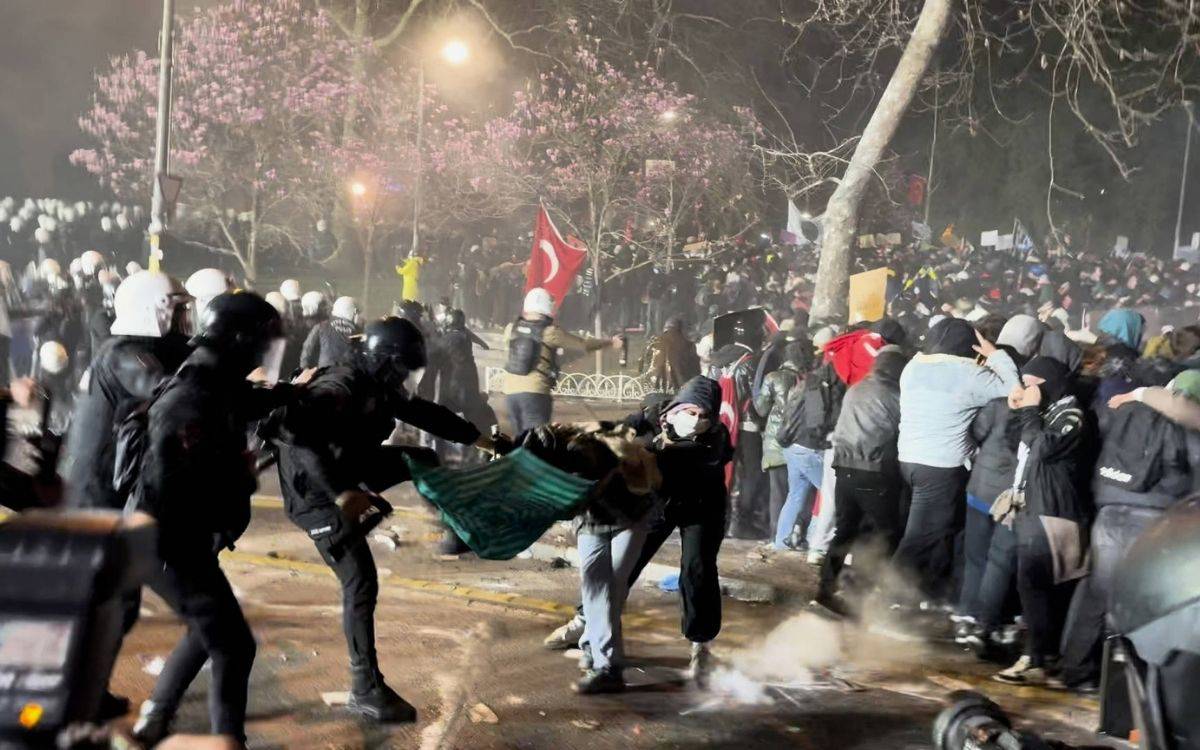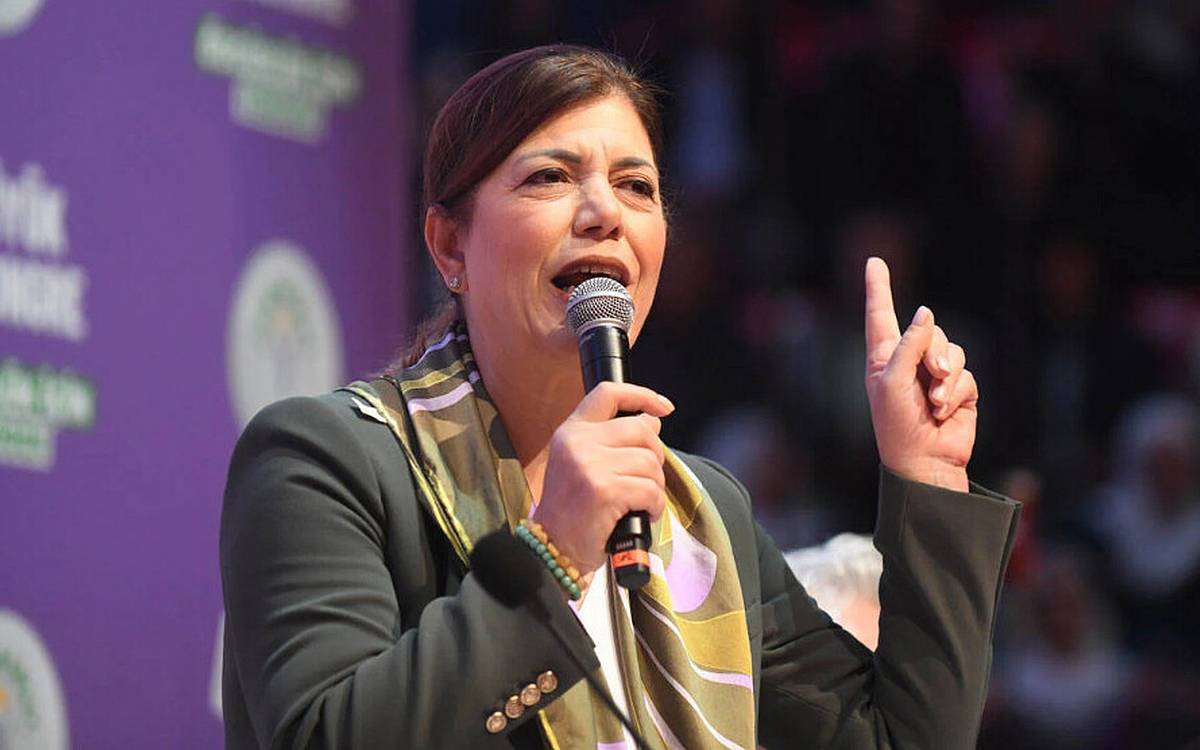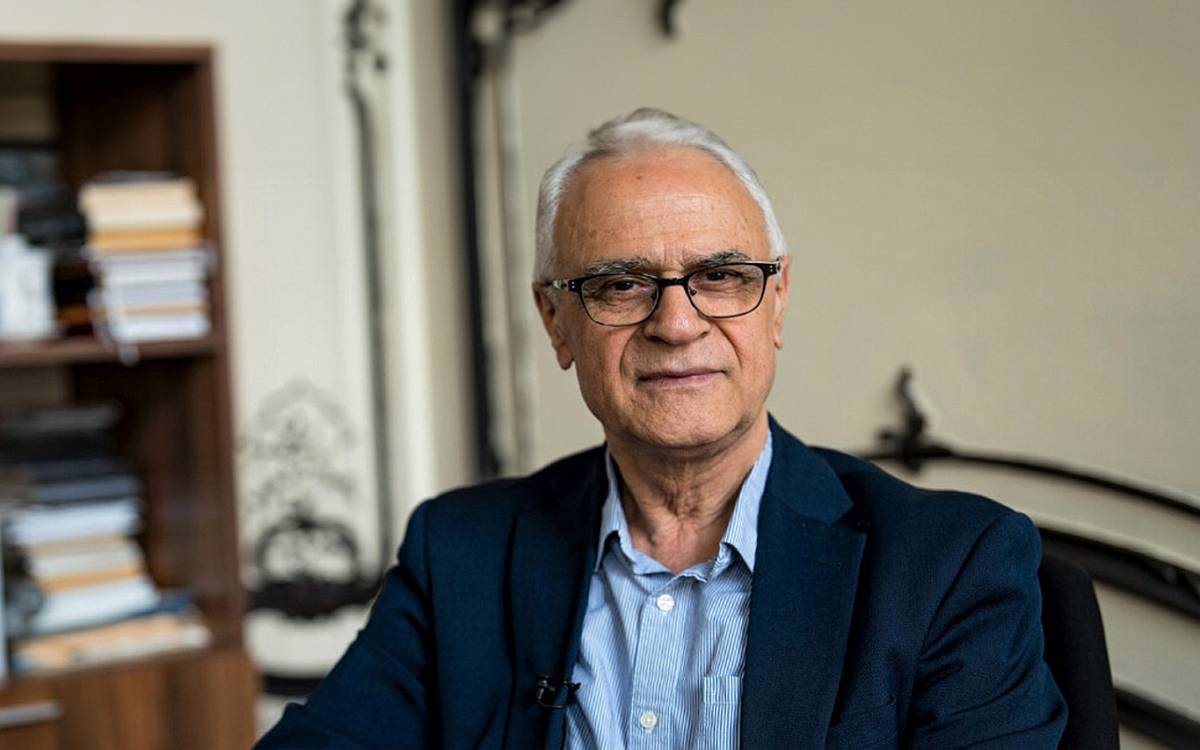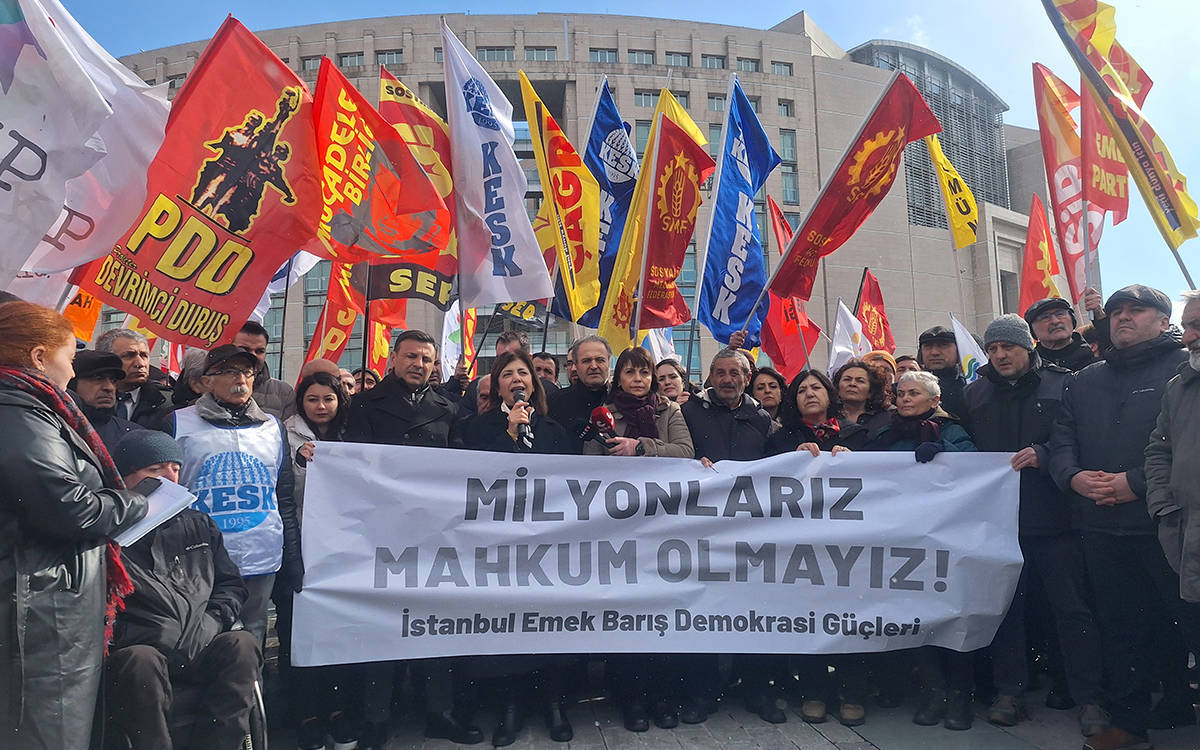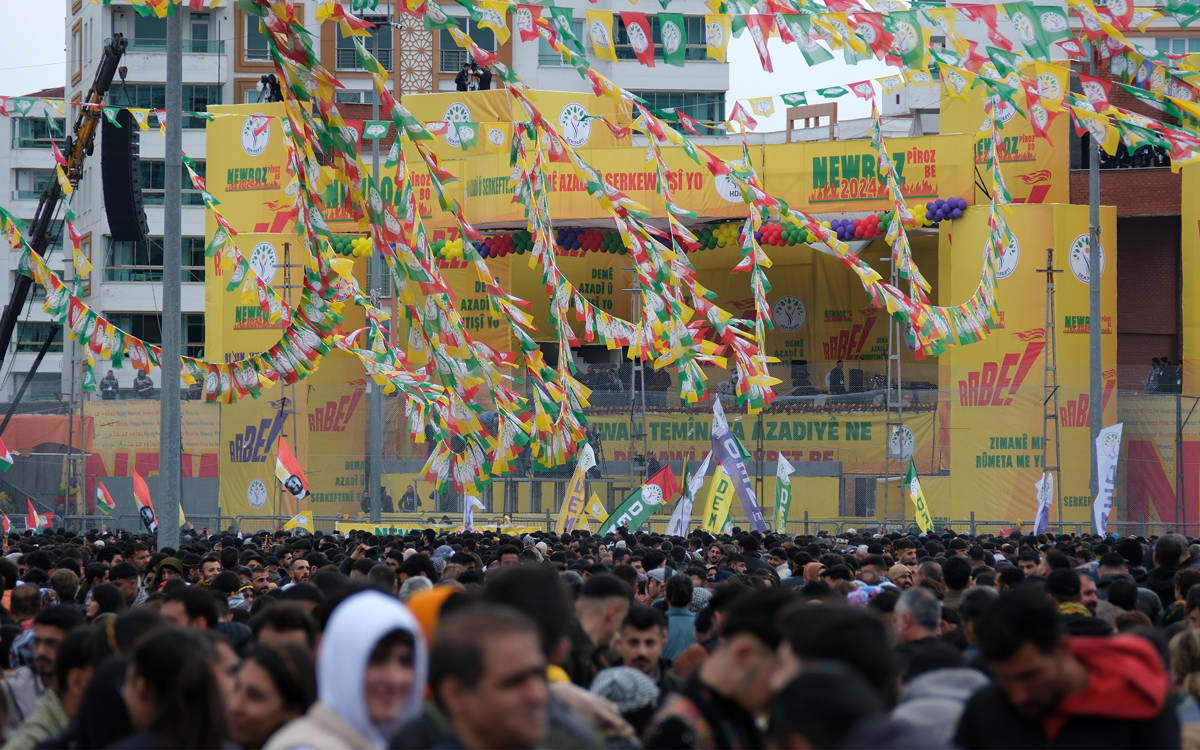* Photo: Twitter
Click to read the article in Turkish
Foreseeing the establishment of more than one bar association in a city, the Bill on Amendments to the Attorneys' Act and Some Laws passed the General Assembly of the Parliament early Saturday (July 11).
Jointly prepared by the ruling Justice and Development Party (AKP) and Nationalist Movement Party (MHP), the 28-article law will enter into force after it is signed by President and ruling AKP Chair Recep Tayyip Erdoğan and published in the Official Gazette.
Main opposition Republican People's Party (CHP) previously announced that on the day when the amended legislation was published in the Official Gazette, it would take it to the Constitutional Court.
CLICK - Main opposition CHP to take 'multiple bar associations' to Constitutional Court
İstanbul Bar Association Chair Mehmet Durakoğlu, Kocaeli Bar Association Chair Bahar Gültekin Candemir and Zonguldak Bar Association Chair Özel Eroğlu have spoken to bianet about what they will do in this ensuing judicial process and what their general course of action will be.
All three bar chairs have emphasized that the Constitutional Court has to give a ruling of stay of execution for the law.
'We are hopeful about Constitutional Court'
Indicating that they will be closely following the approval process of Erdoğan, İstanbul Bar Chair Durakoğlu has said, "We will start protesting again after it is taken to the Constitutional Court. We are hopeful about this process because it will be evaluated from a legal perspective there. Technical matters will be discussed and it is our field of expertise."
He has also noted that he and other bar chairs will submit reports to the top court, documenting the unconstitutional provisions of the law:
"Who we will be dealing with will not be politicians, but legists. We will submit our reports and petitions about this unconstitutional bill. We will show that we will be at the Constitutional Court. We will ensure that the execution of the law will be suspended. We will struggle to the end, we will never give up."
'People will be left defenseless if it is enacted'
Kocaeli Bar Chair Gültekin Candemir has first reminded us of the police violence suffered by bar chairs while they were trying to enter the capital Ankara as part of their "Defense March" against the bill. "Those were scenes that one would not witness in a state of law," she has underlined.
Emphasizing the importance of bar associations, Gültekin Candemir has continued as follows: "We are aware of the values that we represent. We have a stance against child abuse, femincides, environmental destructions and violations of human rights.
"We did not sleep at parks for days just to show off. We slept there so that abused children and women subjected to violence would not be left defenseless. If this law enters into force, this people will be left defenseless.
"We expect that the President will veto this law that will put shackles on bar associations. We expect that the Constitutional Court give a ruling of stay of execution and repeal the law.
"If this law enters into force, courts will give judgements based on the bars which the lawyers are members of. Even if the judgements are in compliance with justice, it will leave question marks behind."
'When the government changes, the law will change'
"Bar associations exist to prevent the state from making mistakes and protect human rights," Zonguldak Bar Chair Eroğlu has told bianet and briefly added: "Three bar associations will be affected by the law, but it is not about three bars. Justice will be undermined, so will the rule of law.
"Bar associations are split, arguing that 'they are engaging in politics,' but it is actually if there are multiple bar associations, bars will be politicized.
"A group of lawyers with 1950, members will make an offer to other lawyers so as to establish a bar associations, lawyers from every political group will try to establish their own bar associations.
Eroğlu has underlined that if the law enters into force, it will not be implemented: "Lawyers will not leave their bar associations. When the government changes, the law will change. We are marching against it even if it will not affect our bar. It means something. Because a violation of right in any place of Turkey is a matter of mine. That is what we have learned."
About the bill
Foreseeing the establishment of more than one bar association in a city, the Bill on Amendments to the Attorneys' Act and Some Laws was submitted to the Parliamentary Speaker's Office on June 30.
According to the bill jointly prepared by the ruling Justice and Development Party (AKP) and Nationalist Movement Party (MHP) MPs, lawyers can register in any bar association if there are more than one bar association in the city. The bill foresees that a bar association will be established by a minimum of 2,000 lawyers if there are over 5,000 lawyers in a city.
According to the figures of the Union of Turkish Bar Associations (TBB), while 17,598 lawyers are registered in Ankara Bar Association, 46,052 lawyers are registered in İstanbul Bar and 9,612 lawyers in İzmir. The total number of registered lawyers across the country is 127,691.
That being the case, the bill "to split bar associations" is likely to affect these three bars with over 5,000 lawyers.
Cutting the number of delegates from large bars representing thousands of lawyers to the Union of Turkish Bar Associations (TBB), the bill is also criticized for reducing the influence of large bar associations in electing the TTB's president and participating in other decision-making functions.
As pointed out by the Human Rights Watch (HRW) in a statement on July 8, "A provincial bar with fewer than 100 lawyers, such as Ardahan in northeastern Turkey, for example, would be represented by 4 delegates, compared with 3 at present. But a bar such as Izmir in western Turkey, with over 9,500 lawyers, which sends 35 delegates, would be entitled to only 5."
Accordingly, the İstanbul, Ankara, and Izmir Bar, Associations which represent 55 percent of the lawyers in Turkey, will be entitled to only 7 percent of all delegates within the national union.
The bill was approved by the Parliamentary Justice Commission on July 6. Debated at the Parliament, it passed the Parliament on July 11. (RT/SD)





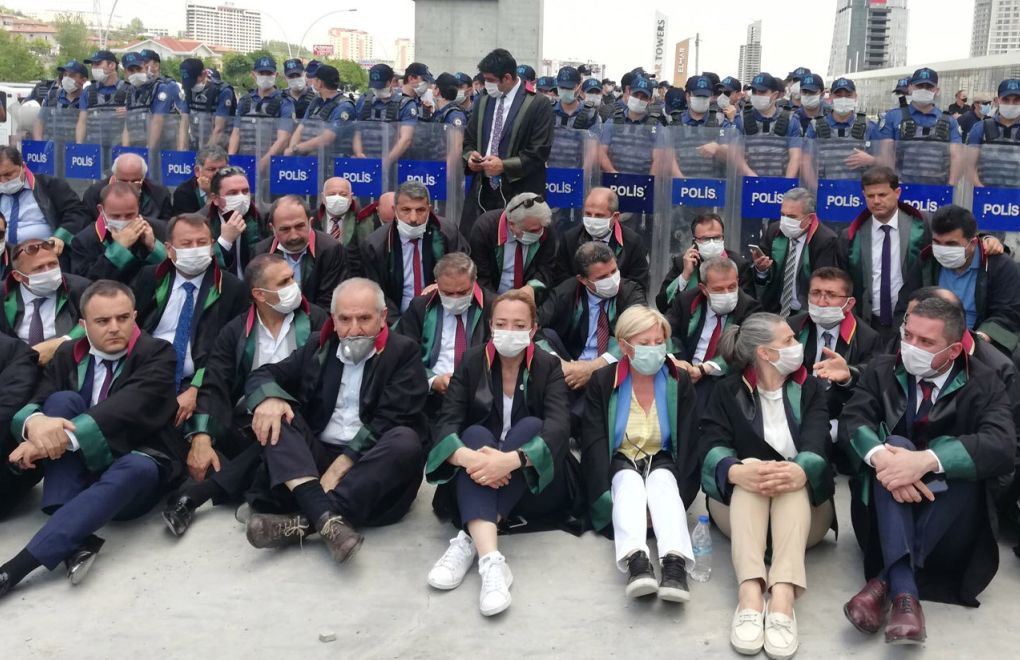


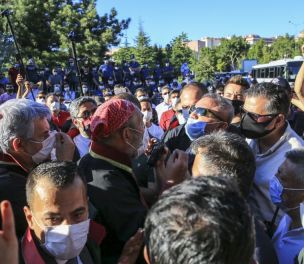
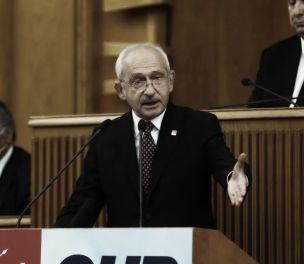
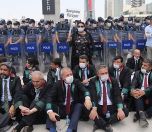
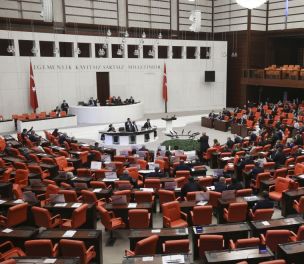

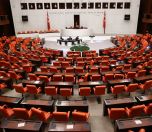
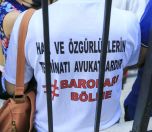
-132.jpg)
